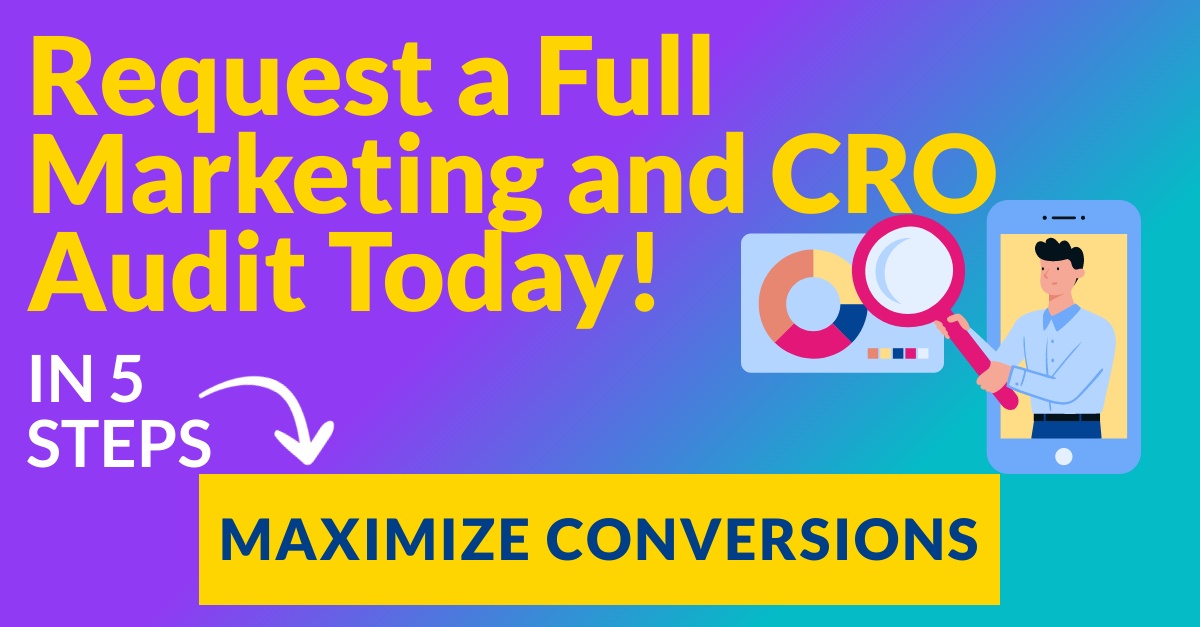Internet Marketing Companies and, more specifically, Search Engine Marketing Companies focus their attention on Google when it comes to achieving high organic rankings. This should make obvious sense since the overwhelming and growing majority of internet searches are performed using Google. However what are the factors that Google uses to generate its rankings? As such, what therefore should be the chief strategies for Search Engine Marketing Companies?
A great deal has been written about “best practices” by SEO (Search Engine Optimization) companies when promoting their services. This is in apparent response to some bad apples in this industry that attempt to “play games or tricks” to achieve high Google rankings … more on this later. Aside from mere ethics, the factors that really matter to the Google Spiders are as follows:
Content – Textual content that is unique, original, and fresh and / or consistently updated is the most important factor as it really is the basis to support all of the other factors that the spiders use. Content must not be duplicate content. This loses points or even is penalized in the Google algorithm when ranking web pages. Content need not be literature however. Content needs to be relevant to the web page and the keywords being targeted in the writing itself. Keywords are central to SEO and Google. However, it is the onsite and offsite content that communicates to the spiders what the web page is all about and what the most important keywords or emphasis is. Content can be considered the “circulatory system” that is carrying the nutrients to the spiders.
Incoming Links – The reason onsite, and most particularly, off-site content is so important is that it generates quality backlinks. Quality backlinks means that the links are one way going from published web content pointing directly to highly relevant content within the targeted web page. We contrast this to paid links or so-called link farming that are decidedly not relevant to the Google Spiders. Search technology is much more sophisticated than a few years ago. You can’t pay your way on to the top page of an organic Google search. The spiders know the difference now between a paid link, or a redirected link or page and rate them accordingly. In fact if you are paying for links you may very well be paying for your own obscurity online. Content and the Incoming Links that are generated are the true point getters or difference makers in quality SEO and high Google Rankings.
Popularity – Content is not the only factor that generates backlinks. Popularity is also an important issue. Popularity is mainly measured through Google Scans of the ever-growing social media online. We all know about MySpace, Facebook. You should also be aware of the Social Bookmarking Sites such as Delicious, Digg, Furl and many others. These social bookmarking sites provide the spiders a valuable additional way to rank web pages. Social Bookmarking provides anyone the ability to share their bookmarks on these sites and to stay updated on relevant information relating to those sites. They can also access their bookmarks from any web access since it is obviously a web-based application. So a web page that is getting bookmarked through the online social media is measured by Google as a valuable human poll of web pages that are generating interest. Pages that are being bookmarked the most will be scanned by the spiders and more frequently as well. This process generates backlinks and the backlinks increase the relevancy quotient and ultimately the rank for keyword specific searches.
The common thread of all of the above-mentioned factors is that the Google algorithm awards points and ultimately position based on merit … yes, a meritocracy of sorts. You can’t pay your way on and you can’t fake your way on. It is all earned through consistent streams of content, relevant keywords and growing popularity in the eyes of real human beings.
As mentioned earlier, there still are companies that attempt to shortcut the process with the predictable poor results. We know this because we still speak with many web site owners who come to us after being sorely disappointed, disillusioned and skeptical about SEO. Universally, it’s because they have been burned by companies who resort to failed tactics and tricks that amount to empty promises. So, in contrast to quality content, backlinks and online popularity, they resort to the following:
• Keyword Hiding or Stuffing – this used to work 8 or 9 years ago; nonetheless it is not in keeping with the spirit of the whole premise of the internet and search engines in delivering the best content possible to the user. This practice simply place hundreds or thousands of relevant keywords on a page that is invisible to human beings yet visible to a search engine spider. It is simply done by putting white text on a white background; not exactly responsible or ethical, wouldn’t you agree?
• Poor Quality Links – link swapping, reciprocal links and outgoing links are just not seen as valuable as incoming links. It properly rates those who think enough of your website (content) to actually link to it without asking for anything in return. Along this same vein, that is why paid links are not valuable because money is the currency rather than merit.
• Keyword Delusion – this is the “oversimplification” of the keyword research process by SEO companies that either don’t understand or don’t want to understand the value of certain keywords. Keyword Delusion results from the desire for “quick or simple fixes.” For every keyword there are multiple variations, derivatives and / or related keywords that are equal to or more valuable than the original keyword. New clients sometimes have this same delusion thinking that they only need to rank for 10 or 20 keywords to be successful; this is almost never the case. Another form of Keyword Delusion is the belief that the most popular keyword is the most valuable keyword. We have a ton of real case studies that expose this as a falsehood. In fact, the data shows that all too often the most specific keyword phrases seems to generate the most conversions; our theory is that those using the most words and the most specificity are those who know most precisely what they are looking for, and, that they are more focused on “acting” on their search.
• Flash Web Site – simply put websites that use Flash, websites programmed to generate special visual effects, will not rank highly on the search engines. The Google Spiders just do not know yet how to read Flash sites for the purpose of ranking for relevance. Web Site Owners sometimes wish for their sites to have these special effects. While strong visual content (images, video introductions, demonstrations) are very useful for website interaction, the use of Flash Visual Effects functionally removes the site from ranking consideration.
Bottom Line … Completely commit to content and reject the tricks and shortcuts. Content is what Google cares about so give it to them … early and often.




